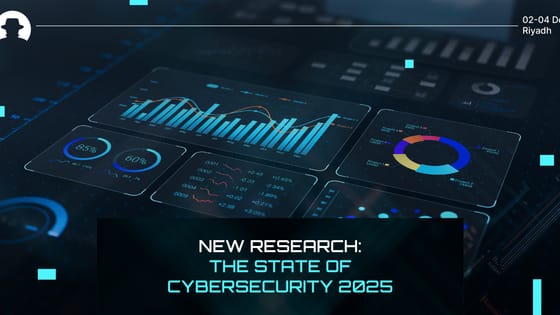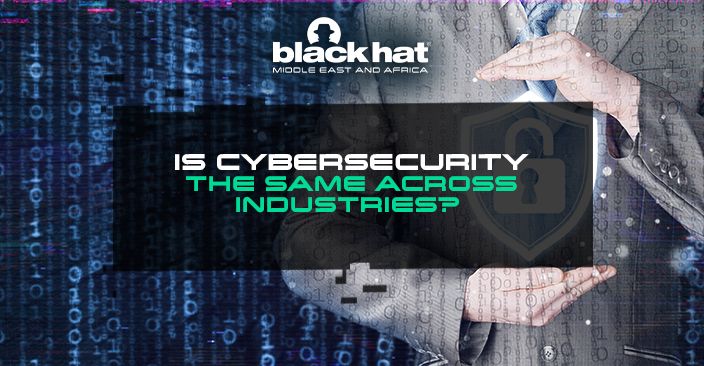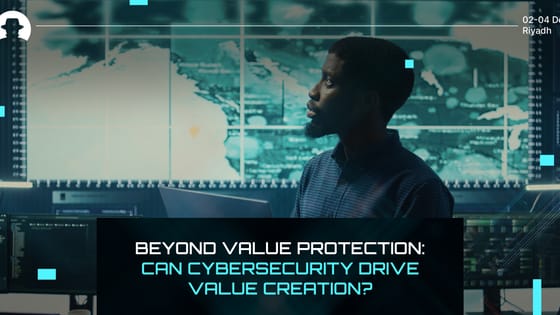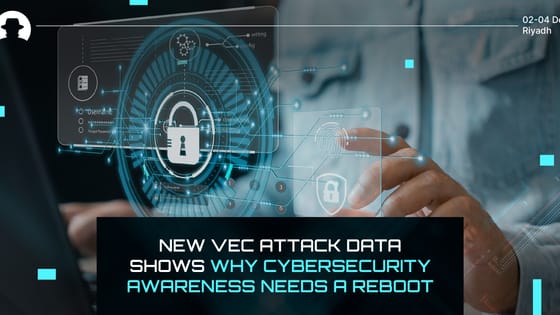
New research: The state of cybersecurity 2025
AI disruption, political threats, shrinking budgets. Wipro’s Cybersecurity Report 2025 reveals the trends shaping security strategy, and how leaders can respond.
Read More
We caught up with Black Hat MEA 2023 speaker Makesh Chandramohan (CISO at Aditya Birla Capital) to get a snapshot of his career so far, and find out how he stepped into the role of CISO at an Indian Fortune 500 company with a presence in 36 nations around the world.
Chandramohan has worked at a high level in a number of different industries. So we wanted his perspective on whether cybersecurity is more or less the same across industries – or if the skills, knowledge and tooling required are specific to different lines of trade.
To illustrate his answer, he provided a comparison of two critical industries: banking, financial services and insurance (BFSI) and the manufacturing sector.
“I am a graduate in electronics and masters in computer applications. Since I completed my MCA, I started working in a software product company as a software engineer – and soon I realised my interest is towards network and network security.
“I joined a tech company as a network security consultant and got an opportunity to work with the CISO of one of the largest payment companies in the world in 2005. I learnt about Information Security and global standards around the same, like BS 7799.
“In 2006 I became a pure play Information Security Manager in the automobile manufacturing sector. There I learnt and implemented global standards in information security for multiple business units, in addition to my core area of network security. I also provided freelance business continuity consulting for a global conglomerate.
“With these experiences, I joined one of the largest financial services conglomerates in the country, which has 9 different business entities – where I, along with my Group CISO, was instrumental in building the security ecosystem across businesses. I’m now responsible for Information, Cyber Security and Data Privacy at Aditya Birla Capital.”
“Based on my experience in various sectors, I feel the fundamental risk management concept remains the same; but the threat landscape, risk appetite and risk exposure varies a lot due to the unique characteristics and requirements of each sector.
“Please remember, challenges are not exclusive to each sector, and there can be overlaps and similarities. But here are a few key differences:
“Build a strong team, Provide them with best in class training, empower them. Clear guidelines on roles and responsibilities, robust governance, seamless communication from CEO to the ground level IS team member and vice versa. Be focused – as there are many distractions in cyber security!”
“Believe in the statement: Breach is inevitable. Be prepared for quick detection and response.”
Thanks to Makesh Chandramohan at Aditya Birla Capital. Learn more at Black Hat MEA 2023.
Join the newsletter to receive the latest updates in your inbox.

AI disruption, political threats, shrinking budgets. Wipro’s Cybersecurity Report 2025 reveals the trends shaping security strategy, and how leaders can respond.
Read More
Cybersecurity doesn’t just protect against risk – it creates value. Discover how strategic, embedded cyber practices drive transformation and business growth.
Read More
New research on vendor email compromise attacks shows that nearly half of employees fall for malicious emails, and 98.5% go unreported.
Read More